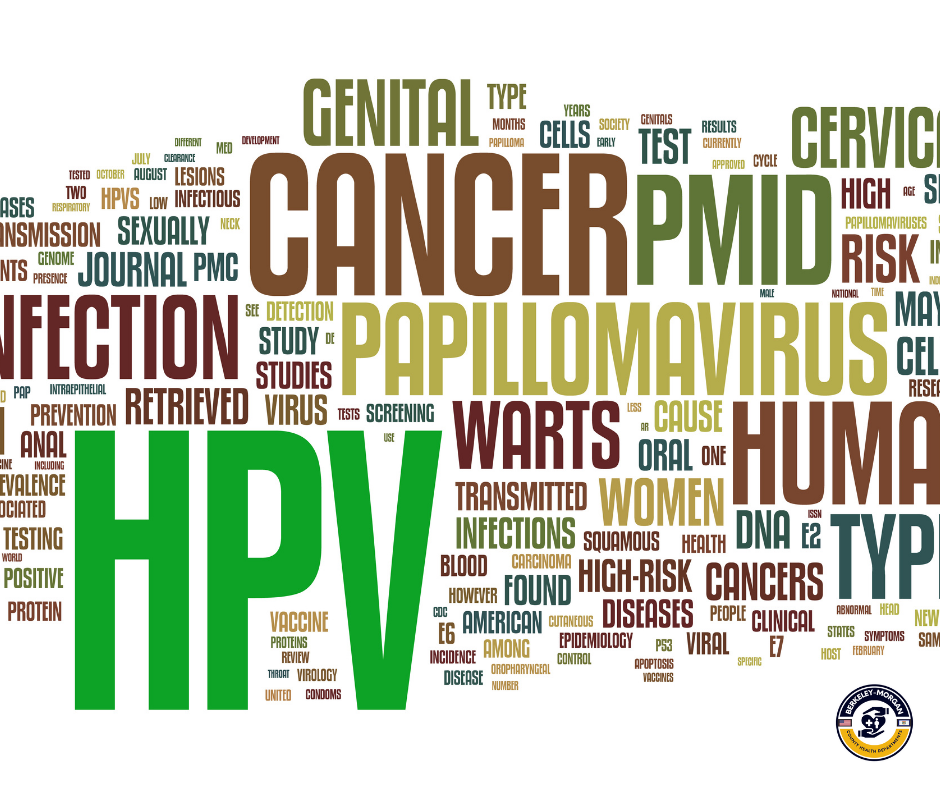10/28/25 Public Health Education Topic: Genital Warts, HPV
- Health Department
- Oct 28, 2025
- 2 min read
Per CDC:
Key points
HPV, or human papillomavirus, is a common virus that can cause cancers later in life.
You can protect your child from these cancers with HPV vaccination.
Nearly everyone who is not vaccinated will get HPV at some point in their lives.
HPV is spread through intimate skin-to-skin contact. You can get HPV by having vaginal, anal, or oral sex with someone who has the virus, even if they don't have signs or symptoms.
Types
HPV types are often referred to as "non-oncogenic" (wart-causing) or "oncogenic" (cancer-causing), based on whether they put a person at risk for cancer.
What are the symptoms of genital warts?
Genital warts usually appear as a small bump or group of bumps in the genital area. They can be small or large, raised or flat, or shaped like a cauliflower. The warts may go away, stay the same, or grow in size or number. A healthcare provider can usually diagnose genital warts by looking at them. Genital warts can come back, even after treatment.
Prevention
You can do several things to lower your chances of getting HPV and avoiding the health problems it can cause.
Get vaccinated. The HPV vaccine is safe and effective. It can protect against diseases (including cancers) caused by HPV when given in the recommended age groups.
Get screened for cervical cancer. Routine screening for women aged 21 to 65 years old can prevent cervical cancer.
If you are sexually active:
Use condoms the right way every time you have sex. This can lower your chances of getting HPV. But HPV can infect areas the condom does not cover. So, condoms may not fully protect against getting HPV.
Be in a mutually monogamous relationship or have sex only with someone who only has sex with you.
If you or your partner have genital warts, stop having sex until you no longer have warts. We do not know how long a person is able to spread HPV after warts go away.
Protect your child with vaccination. CDC recommends 2 doses of HPV vaccine at ages 11–12 years. HPV vaccination can be started at age 9 years.
Children who get the first dose before their 15th birthday need only 2 doses.
Teens who get the first dose on or after their 15th birthday need 3 doses.
The HPV vaccine series is most effective when given before a person is exposed to the virus
To learn more, please visit: About HPV | HPV | CDC
Espanol: Acerca del VPH | HPV | CDC



